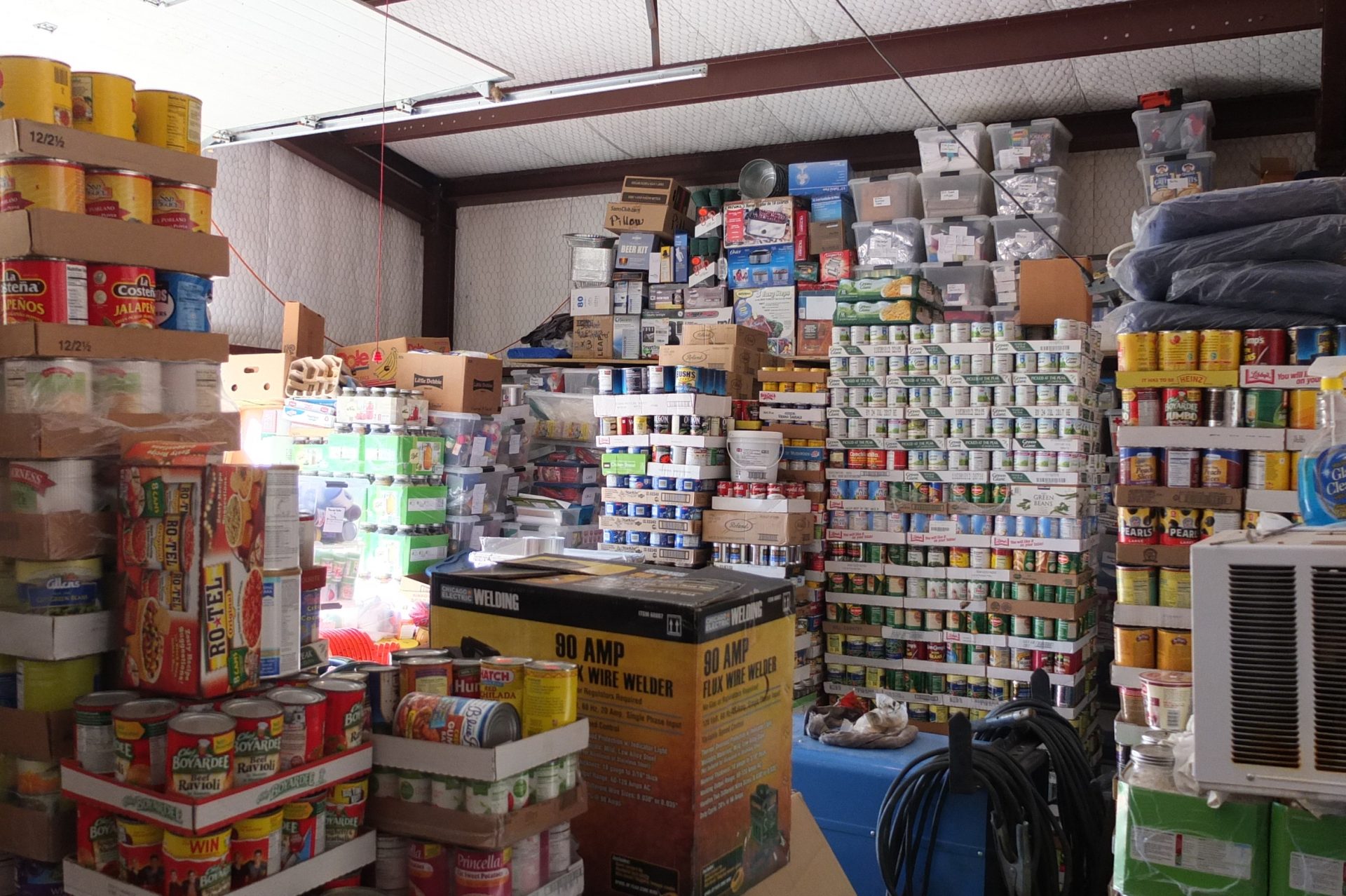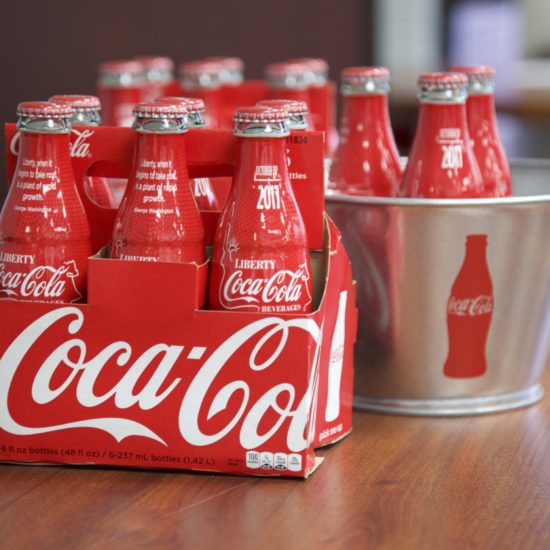
I can’t remember the first time I heard the word “prepping.” Probably back during those school camping trips when our PE teacher tried to show us how the Native Americans used to whip up a fire, long before matches and lighters were ever invented. Of course, what child was taken far away from home with his friends would have the energy or the attention span of listening to a man rubbing two sticks together?
That’s one of the things I tried showing to my students – if someone shows you a trick, even a small one like I don’t know, turning a poncho into a rainwater collector, pay attention and learn. You’ll never know when that stuff will come in handy.
Anyway, on to the topic du jour – what is prepping and when should we start, well, doing it, I suppose? This isn’t Merriam-Webster, nor the “P” volume of Encyclopedia Britannica. Don’t know any fancy definitions and never needed one, for that matter. For me, prepping is like knowing you will receive a slap for somebody and doing things in order to prevent it to the best of your powers. Something like that, I suppose.
Come to the prepping side! We have MREs
We don’t prep because we’re members of the tinfoil brigade or strongly believe that the world’s coming to an end and survival of the strongest and all that BS. We do it because it makes sense. I remember reading in a magazine (yes, I’m that old!) that prepping is like having your own crystal ball and being able to see into possible futures.
Leaving the mystical mumbo-jumbo aside, this sentence does raise a very good point – being able to predict something and act in accordance. For instance, if your car’s bulbs would burn out while you’re on the road, the most sensible thing to do would be to go to the nearest auto shop and get them replaced.
However, a good prepper would have the hindsight of carrying a box of extra in his glove box or vehicular emergency kit. A seasoned one would, however, get his car a good going-over before hitting the road, in addition to making sure that he has everything he needs to deal with this sort of emergencies.
This is just one example. There are countless more out there, and neither one spells out crazy or paranoia. Do you consider yourself “having bats in your belfry” just because you have a stockpile of canned food around the house or an extra pack of bottled water? No, you’re not, my friend. It’s, in fact, the other way around – it would be foolish not to have those around the house. All it takes is something as ‘harmless’ as a blackout to realize just how much you would have needed those stuff.
I tend to get this question a lot: when do you start prepping? Well, let me put it to you this way. This is not the sort of thing you only do when it’s convenient or fits into your agenda. You just start doing it and never stop. Still, anything has to start somewhere, and a good starting step would be the news. Have you tried reading them lately? One thing you’ll realize is that no matter where you live, there’s always something happening – a blackout, earthquakes, tsunamis, snow blizzards, rioting, active shooter.
The world’s littered with danger, and you can’t always rely on the authorities to keep you safe. Remember the Christchurch mosque shooting, the event that ended with the death of over 50 people? Well, as it happens, New Zealand was and is still considered one of the safest countries in the world, even though it has the same gun regulations as the United States.
The last event of this magnitude occurred in the early 50s, and even then, the country was still considered a safe one. Don’t make the mistake of assuming that you live in this glass menagerie, where everything is pink, fluffy, and happy. Shit happens, and when it does, it brings along all its friends.
Congrats! You have just taken the first step of your prepping journey. It’s called risk assessment and, in my opinion, the most important aspect. Knowing the name of the demon gives you power over it, the guy from The Exorcist used to say. The same goes for natural and man-made disasters.
The next steps are fairly easy, and all of them have, more or less, to do with your little incursion in the realm of danger. As a future master prepper, you will have to focus on the following areas: food, water, shelter, and security. Let’s take this one step at a time.
Water
Fact: the human body needs water for, well, everything. You need water to digest the food, and your brain needs water to keep the lights on. Remember the rule of threes? You may go for three weeks without food, but no more than three days without water. That’s how important water is. And no, chugging energy drinks, soft beverages, coffee or booze does not replenish your body’s water supply. In any survival-type situation, find a source of water is crucial.
More than that, you will need to know how to make water drinkable and maybe palatable. For instance, in heavily wooded areas, there are plenty of ways to get water: springs, tree holes, puddles, rivers. Some of that water’s safe to drink, but, in most cases, you will need some sort of filtration like water purification tablets. Even tap water can sometimes become unsafe to drink, especially in the aftermath of a disaster. Water purification is an essential skill, one that you will need to master.
Food
Food for the belly, food for thought, and food for the soul. No matter your choice, you should also have a well-stocked pantry at home. This includes emergency rations such as canned or easy-to-prepare food, MREs, and cured meats. If you get lost, you may need to replenish your food stocks by hunting small game or fishing. Apart from that, knowing with that do with it is as vital as getting it. Venison can be easily turned into beef jerky with salt, wind, and a little sun. The same goes for fish or plants like seaweed. No matter where you are, you must always remember to have a 72-hour food supply.
Shelter
Shelter comes in all shapes and sizes – makeshift ones like those constructed from scavenged materials or retrofitted rooms as in those used to hunker in during a natural disaster. Remember that a shelter’s role is to protect you against the elements and any threats that may be in your area. Anything can be a shelter as long as it protects your body and keeps you warm.
Security
I kid you not when I say that entire books have been written on the topic of defense and security. To make a long story short, security refers to two things: how you keep your property safe and defend yourself in case of an attack. Security bars, alarms, motion-triggered sensors, VoIP cameras are all great security measures for your house. As for yourself, try to squeeze some self-defense classes into your schedule or learn how to take down opponents using non-lethal weapons such as tasers, pepper sprays or security batons. The choice is entirely up to you.
If prepping was as art, which it is, then it would definitely be the art of teaching yourself how to listen to your instincts. In some cases, it may be the defense you have. Logic may be great, but nothing beats a tad of hindsight.




















